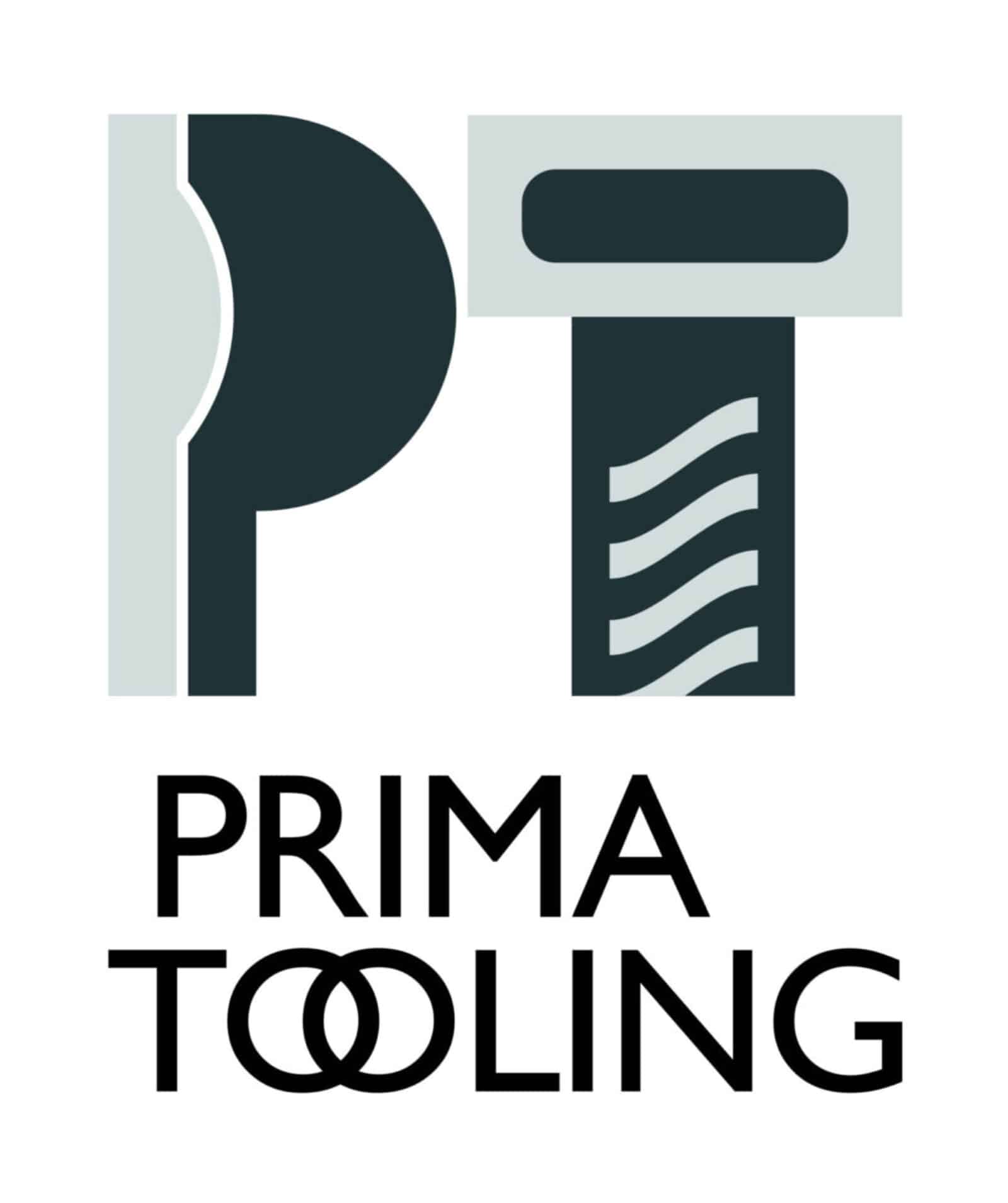Precision cutting is key in many industries, from metalworking to woodworking and electronics. It’s all about making those clean, accurate cuts that can transform raw materials into components and products. At the heart of precision cutting are mill tools, which play a vital role in ensuring those cuts are both accurate and efficient. High-quality mill tools are like the unsung heroes of the workshop. They’re designed to tackle various materials, allowing users to achieve the exact specifications needed for their projects.
These tools come in different types and sizes, each suited to specific tasks. Whether you’re looking to shave off a tiny fraction of metal or take down large chunks, there’s a mill tool for the job. This adaptability makes them indispensable in tasks that require exacting standards. With the right mill tools, precision cutting becomes an easier and more reliable process, boosting both efficiency and quality. So, let’s explore what makes these tools so crucial to modern manufacturing.
Understanding Mill Tools
Mill tools are essential pieces of any workshop that prides itself on precision and quality. Simply put, a mill tool is a cutting instrument used in milling machines or machining centres to perform milling operations. These operations involve removing material from a workpiece to shape, smooth, or create a specific feature on its surface.
There are various types of mill tools, each designed for particular tasks, such as:
– End Mills: These are versatile and commonly used for making slots, shallow cuts, and finishing edges.
– Ball Nose Mills: Perfect for creating contoured surfaces and 3D shapes.
– Face Mills: Typically used for rapid material removal when a large surface area needs cutting.
– Side and Face Cutters: Ideal for deeper cutting or finishing flat surfaces and shoulders.
– Roughing Mills: Designed to remove large quantities of material quickly.
The role of mill tools in precision cutting is vital. They determine the accuracy of the operations and significantly impact the finish and quality of the product. By selecting the right type of mill tool, manufacturers can streamline their processes and enhance product quality effectively.
Having a clear understanding of each tool and its application helps in making informed choices that lead to better results and can greatly enhance your workshop’s productivity. This insight is valuable in industries where even the smallest error can lead to significant setbacks. With the right tools and knowledge, mastering precision cutting is well within reach.
Advantages of Using Mill Tools in Precision Cutting
Mill tools provide several advantages that can greatly enhance precision cutting tasks. One of the significant benefits is their ability to deliver improved accuracy and precision. When using high-quality mill tools, you achieve tight tolerances and clean finishes, which are essential for producing high-quality components. Their precision helps to reduce errors, saving both time and resources that would otherwise be spent correcting mistakes.
These tools also offer longer tool life and durability. Designed with robust materials, they withstand the wear and tear of regular use, making them a more economical choice over time. Regular maintenance and correct usage can extend their lifespan, reducing the need for frequent replacements.
Another key benefit is their efficiency in material removal and creating a better surface finish. Mill tools cut through various materials smoothly and evenly, ensuring a polished result. This efficiency minimizes material waste and can lead to significant cost savings, especially on large projects. With these tools, even complex geometries and detailed designs become achievable without compromising on quality.
Selecting the Right Mill Tools for Your Needs
Choosing the appropriate mill tool for your project is critical to achieving the best results. Several factors will guide your decision:
– Material Properties: Different materials require specific types of mill tools to ensure effective cutting. For instance, hard materials like steel might need a different tool type compared to softer materials like aluminium.
– Tool Specifications: Consider the specifics of the tool, such as size, shape, and cutting edge design, to match your project’s demands.
– Project Complexity: Simple projects might do well with basic tools, but intricate designs could require specialised tools for optimal precision.
Understanding these factors allows you to make informed decisions that lead to better outcomes in your workshop.
Enhancing Workshop Productivity with Mill Tools
Integrating high-quality mill tools into your workshop can significantly boost productivity. These tools save time by speeding up the cutting process, freeing up resources for other tasks. Efficiency gained from using the right tools also translates into cost savings, as less time and material are wasted.
Consider practical applications like creating precise parts for machinery in a manufacturing setup or crafting fine details in woodworking projects. In such contexts, the advantages of using the right mill tools become clear, as they enhance workflow and reduce time spent on rework.
Elevate Your Precision Cutting Projects
As we round off our discussion on mill tools, it’s clear how pivotal they are in precision cutting. By investing in and selecting the right tools, you enhance both the quality and efficiency of your projects. From improved accuracy to better surface finishes, these tools bring numerous benefits to various industries.
For manufacturers and craftspeople, understanding the capabilities and strengths of mill tools can transform the way you work, leading to higher standards of workmanship and customer satisfaction. Embracing these tools can elevate your projects to new levels of excellence.
For those looking to stay at the forefront of precision cutting, exploring different types of tools is a smart step. By integrating high-quality equipment, you can enhance the quality of your projects and boost efficiency in your workshop. Explore Prima Tooling’s range of mill tools to find solutions that fit your specific needs and elevate your precision cutting capabilities.
